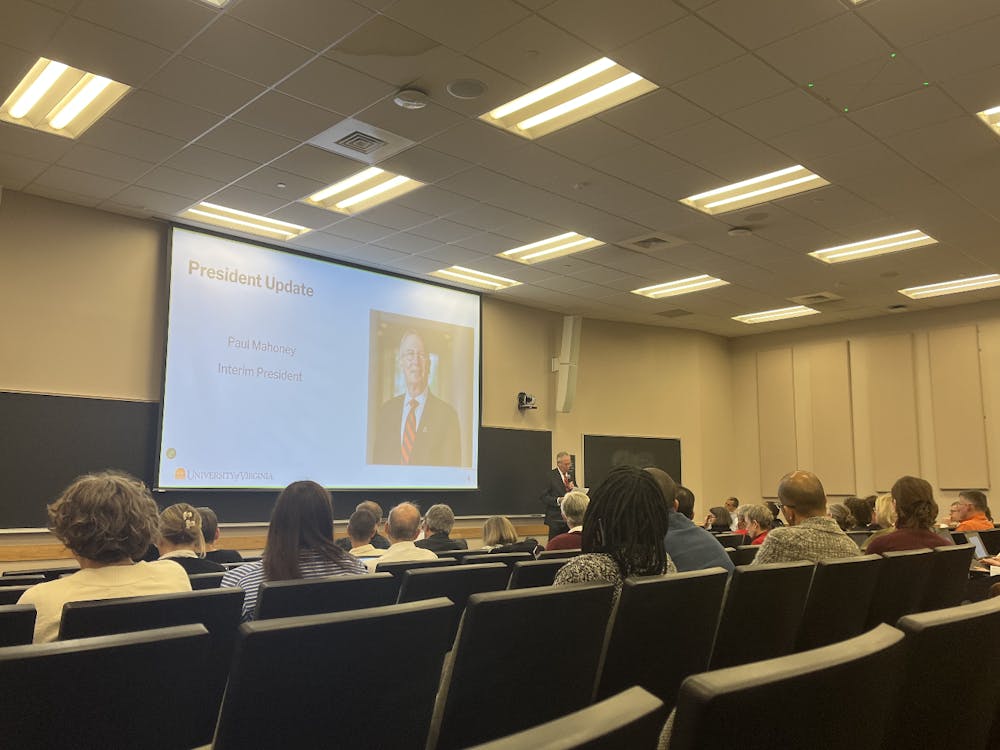In light of the recent publicity regarding pro-independence movements in Tibet, the University held a student conference yesterday afternoon, "Understanding the Current Conflict in Tibet."
Rabten Khekho, Tibetan supporter and College graduate student described how open dialogue was used to strive toward mutual understanding on the divisive issue.
"A Chinese student stood up and gave me constructive criticism and new suggestions I would not have thought of," Khekho said. "It was a great experience."
Khekho's experience reflected the goal of the overall event, which aimed to bring together many voices from the University community to listen, share and spread understanding amid violent media images and enduring mistrust, said Brenton Sullivan, College graduate student and event moderator.
A total of 28 students, sponsored by the International Studies Office, the East Asia Center and the Contemporary Tibetan Studies Initiative worked together to coordinate the event, which consisted of four guest lecturers followed by an opportunity for small group discussions.
Foreign Affairs Prof. Brantly Womack gave the first lecture, "Tibet and the Perils of Caution for China," and was followed by Tashi Rabgey, director of the Contemporary Tibetan Studies Initiative, who gave a lecture titled "Reframing the Tibet-China Debate."
Womack's lecture provided the audience with a mix of historical information and current thought, while Rabgey maintained there is a need to examine the issue in terms of human dimensions such as race, ethnicity and tolerance.
The next two guests were Chinese Prof. Ran Zhao and Religious Studies Assoc. Prof. David Germano, who gave lectures titled "Trust Crisis: Tibet, China, Media, and How You Can Help" and "Morality, Pragmatic Futures, and Academics," respectively.
Zhao outlined the sources of mistrust, examining cultural issues surrounding Chinese concerns about Tibetan independence in addition to the commonly studied geopolitical concerns. Zhao also spoke about fostering trust through communication and learning language. Germano discussed the need to remember individuals' "legitimate aspirations to thrive in the future" while keeping their own traditions intact.
After the four lecturers, the group broke into small sections to hear from student presenters and to discuss their own solutions to the issue including cross-cultural education involving third-person mediators and language education.
The idea to hold a dialogue came to Sullivan after he began contacting friends in Beijing and Tibetan friends while he was searching for more information about the protests that began March 10. Sullivan was dismayed to find his ideas for diplomacy were called a waste of resources by his friends.
Sullivan was encouraged, however, to find students within the University community who were open to discussing both sides of the recent protests.
"Most people here tonight believe there are solutions besides simply historical debates about who owns the rights to Tibet," Sullivan said.






